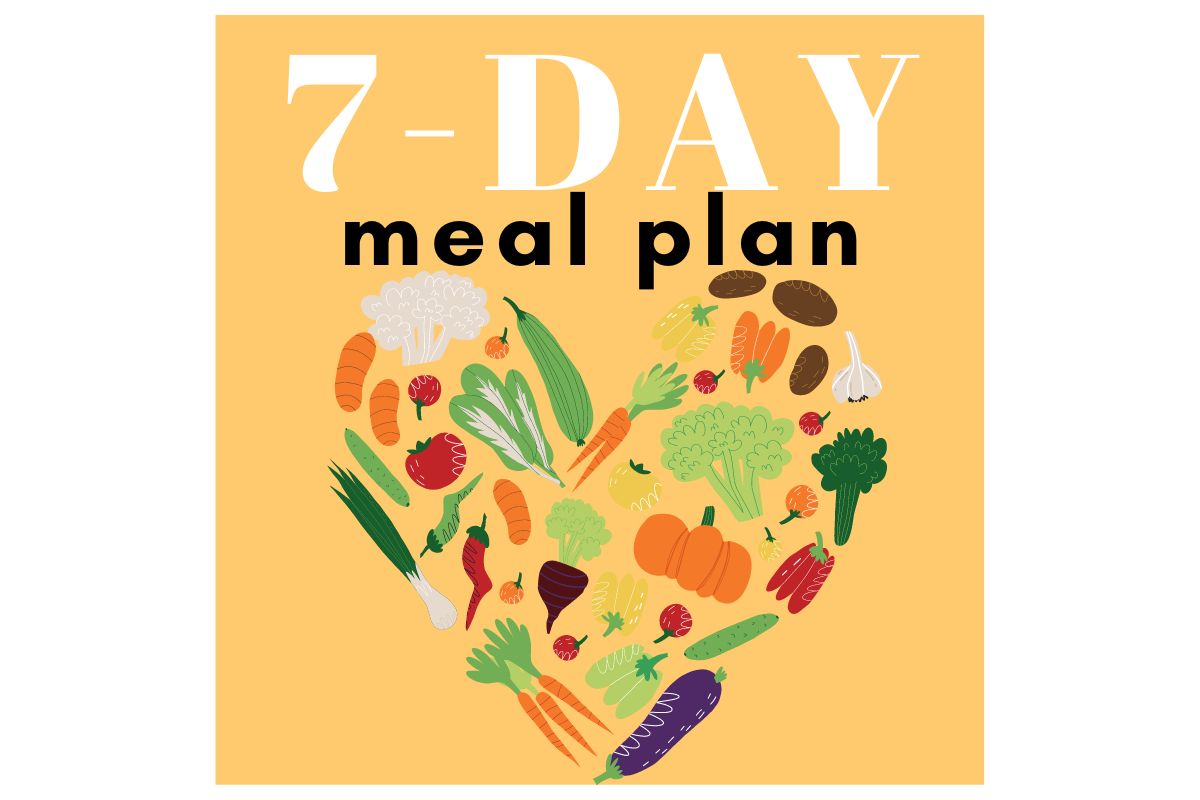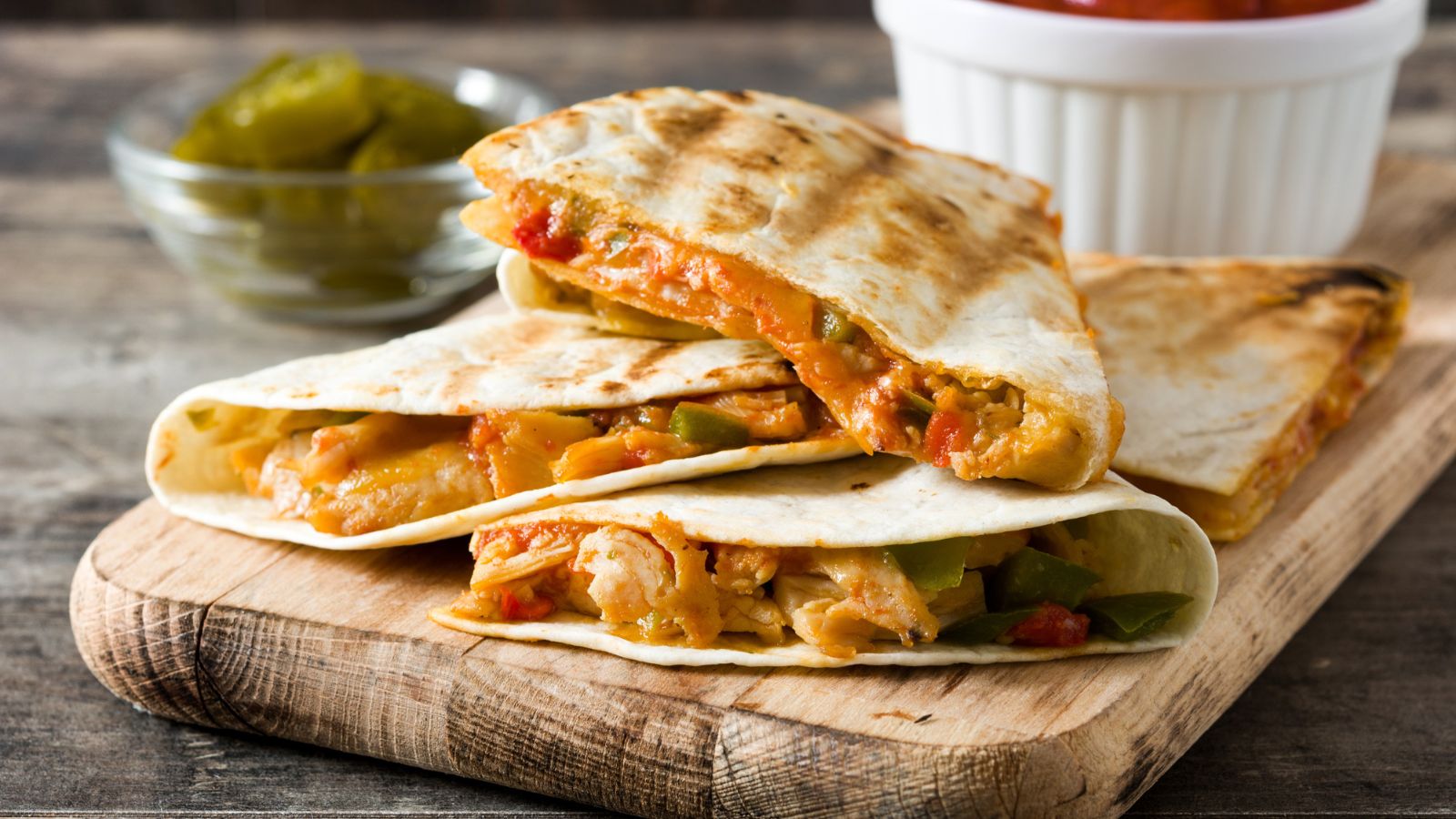15 American Foods That Are Strangely Illegal In Other Places
Get ready to reveal a world where even the most common American dishes are outlawed. Ever wonder why your favorite American foods might be banned in other parts of the world? From cheddar cheese to classic cereals, yes, it’s...

Get ready to reveal a world where even the most common American dishes are outlawed. Ever wonder why your favorite American foods might be banned in other parts of the world? From cheddar cheese to classic cereals, yes, it’s true, some countries have said a big ‘No Thanks’ to these common goods. Best strap in for a surprising ride through the global food regulations you never knew existed. Are you ready?
1. Kraft Macaroni and Cheese
 Image credit: Depositphotos.
Image credit: Depositphotos.You’d be surprised to learn that this comfort food classic is banned in Norway and Austria because it contains additives that are considered harmful in these countries, such as yellow dye 5 and 6.
2. Breads with Potassium Bromate
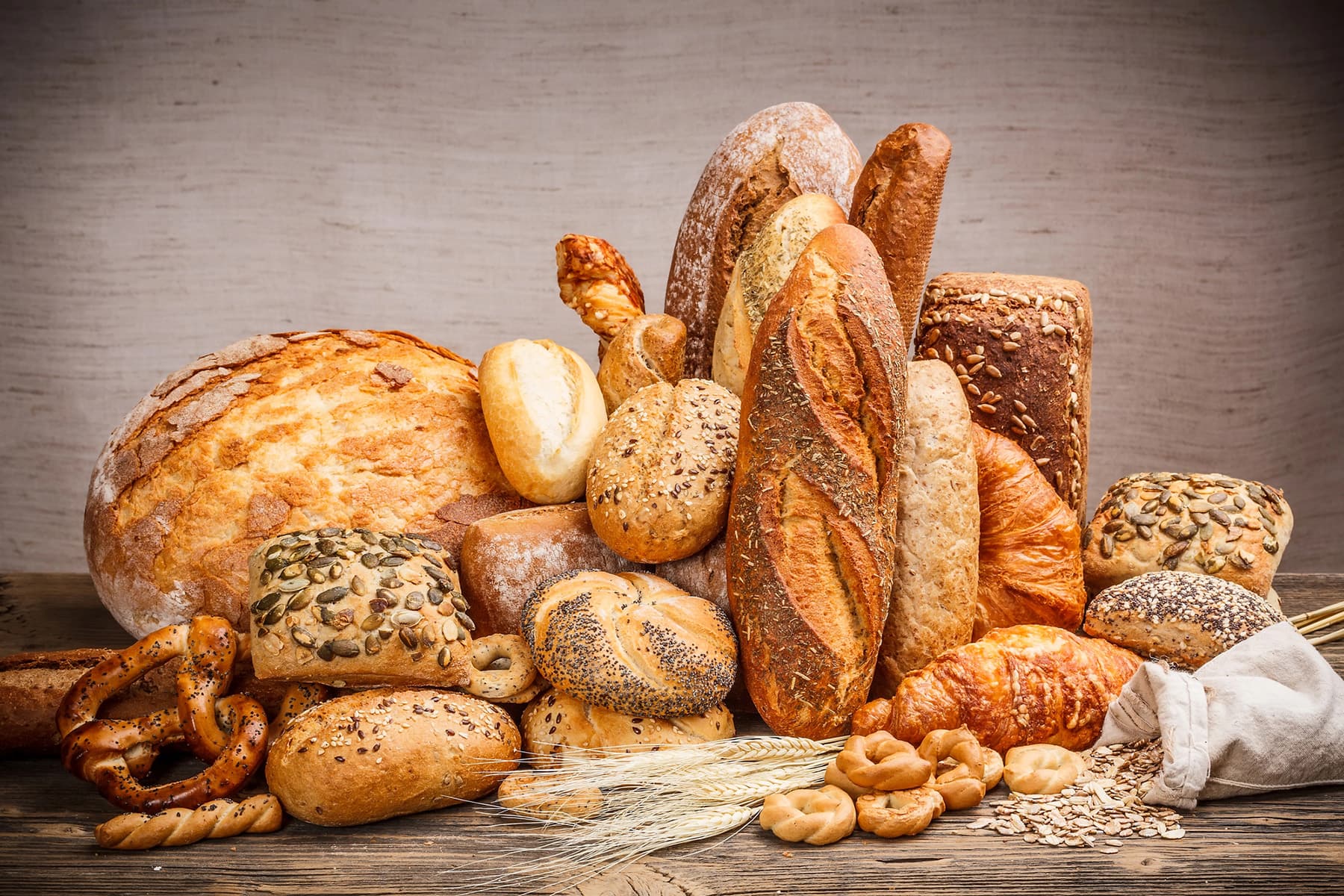
Consumed in the U.S., commercial breads often contain potassium bromate, a toxic substance that is associated with kidney and nerve damage. It’s banned in Canada, China, and the EU, amongst others.
3. Certain Cereal Bars
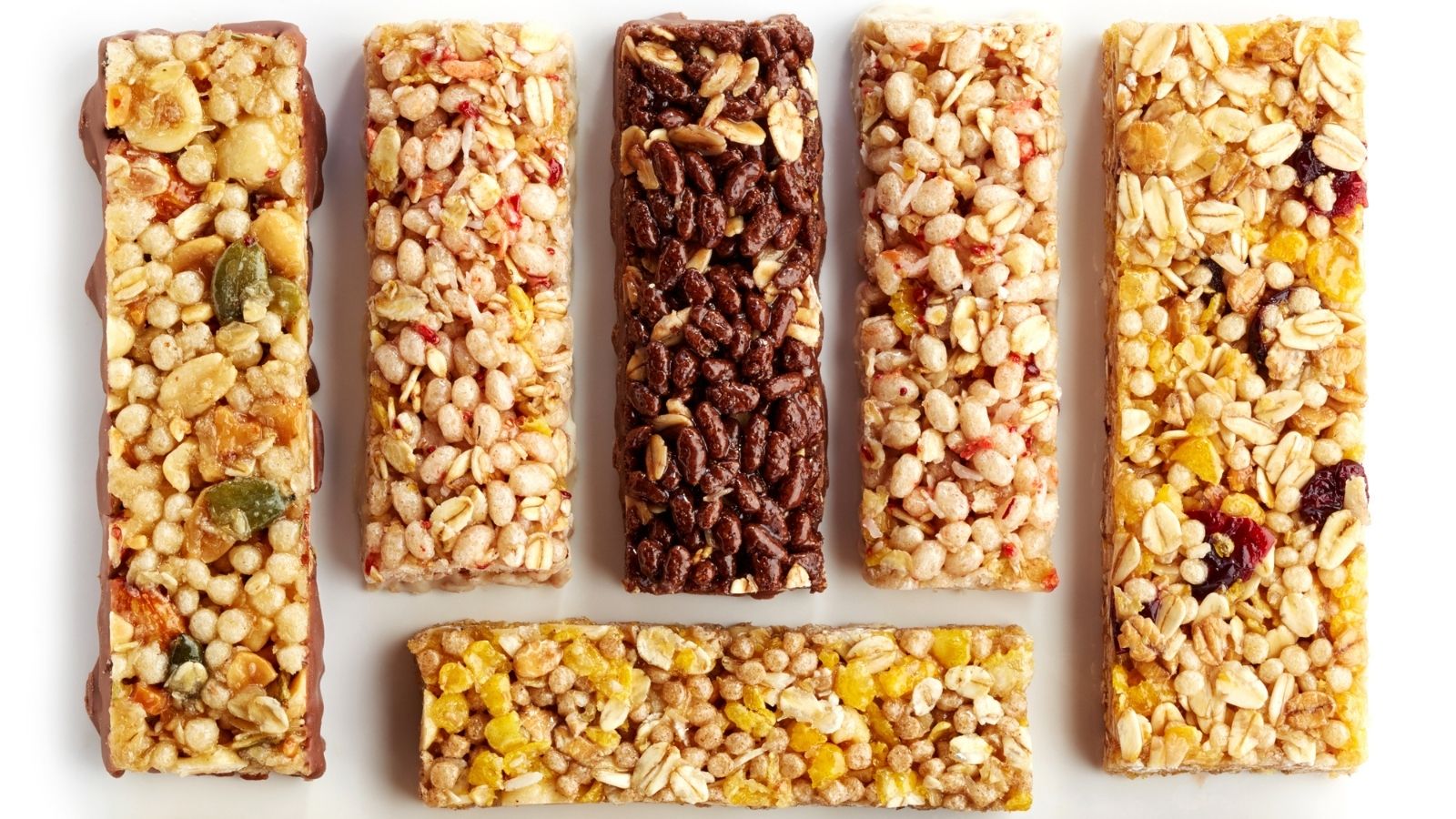 Image credit: Depositphotos.
Image credit: Depositphotos.Believe it or not, certain cereal bars are prohibited in Denmark due to the amount of added vitamins, which the country’s food laws consider to potentially be harmful over time.
4. Farm-Raised Salmon
 Image credit: Canva Pro.
Image credit: Canva Pro.Farm-raised salmon is banned in Australia and New Zealand because of the use of synthetic carotenoids, a food colorant related to eye damage and cardiovascular diseases.
5. Mountain Dew
 Image credit: Depositphotos.
Image credit: Depositphotos.Mountain Dew contains Brominated Vegetable Oil (BVO) that is banned in over 100 countries, including countries in Europe and Japan due to health concerns.
6. Chewing Gum
 Image credit: Canva Pro.
Image credit: Canva Pro.Singapore has banned the import and sale of chewing gum to maintain cleanliness in public places – a rule that’s been in place since 1992.
7. Artificially Colored Candies
 Image credit: Canva Pro.
Image credit: Canva Pro.Produced in the U.S., brilliantly colored candies are banned in Norway, France, and Austria because of the presence of harmful dyes.
8. Hormone-Treated Beef
 Image credit: Canva Pro.
Image credit: Canva Pro.In the European Union, beef treated with six different types of hormones is considered a health risk and is thus banned.
9. Genetically Modified (GM) Crops
 Image credit: Canva Pro.
Image credit: Canva Pro.In 38 countries globally, including a number of countries in Europe and Africa, GM crops are banned due to potential health risks and environmental impact.
10. Ractopamine-Treated Pork
 Image credit: Canva Pro.
Image credit: Canva Pro.In over 160 countries, including China and European nations, pork treated with the drug ractopamine that promotes lean tissue over fat, is banned because of potential health risks.
11. Arsenic-Treated Chicken
 Image credit: Canva Pro.
Image credit: Canva Pro.Arsenic is used in some chicken feeds in the U.S., but it’s banned in the EU because of concerns it raises the risk of various types of cancer.
12. Olestra/Olean
 Image credit: Canva Pro.
Image credit: Canva Pro.Olestra, a fat substitute used in snacks and chips, is banned in the UK and Canada due to gastrointestinal issues it may cause.
13. Chlorine-Washed Chicken
 Image credit: Canva Pro.
Image credit: Canva Pro.Chicken washed with chlorine, a method used in the U.S. to kill bacteria like E. Coli, is banned in the EU because they fear it might lead to meat contamination.
14. Carbon Monoxide-Treated Meat
 Image credit: Canva Pro.
Image credit: Canva Pro.Meat treated with carbon monoxide in order to keep its red color, is banned in the European Union, Canada, Japan, and Singapore.
15. GMO Apples
 Image credit: Canva Pro.
Image credit: Canva Pro.In Europe, genetically modified apples that stop browning after being cut are banned because of many potential health risks believed to be linked with GMOs.
15 Crappy Foods Americans Should Avoid Eating At All
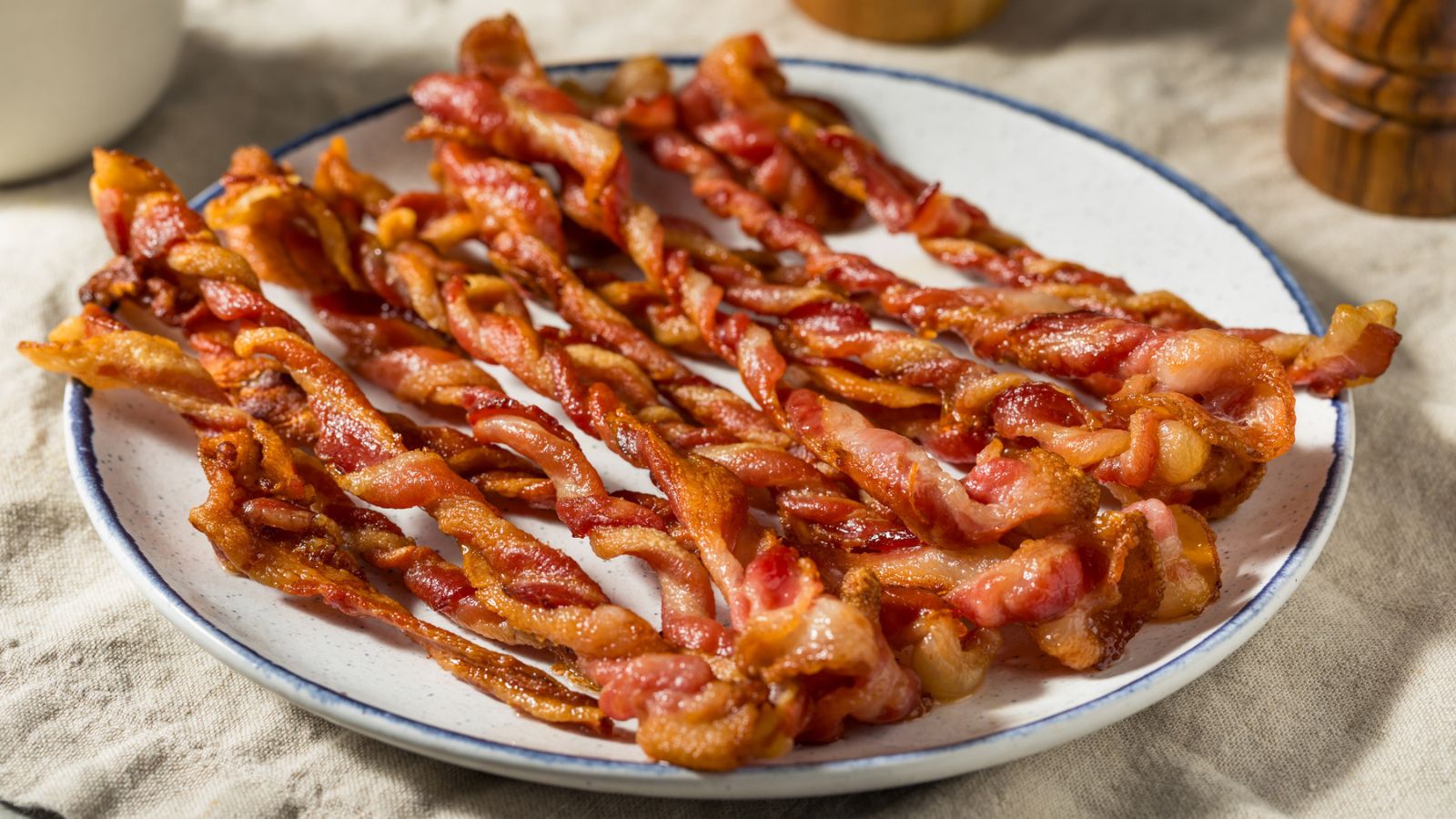 Image credit: Depositphotos.
Image credit: Depositphotos.15 Almost Lost Recipes From the ’60s and ’70s That Deserve a Comeback
 Image credit: Depositphotos.
Image credit: Depositphotos.15 Foods You Can Eat As Much As You Want Without Getting Fat
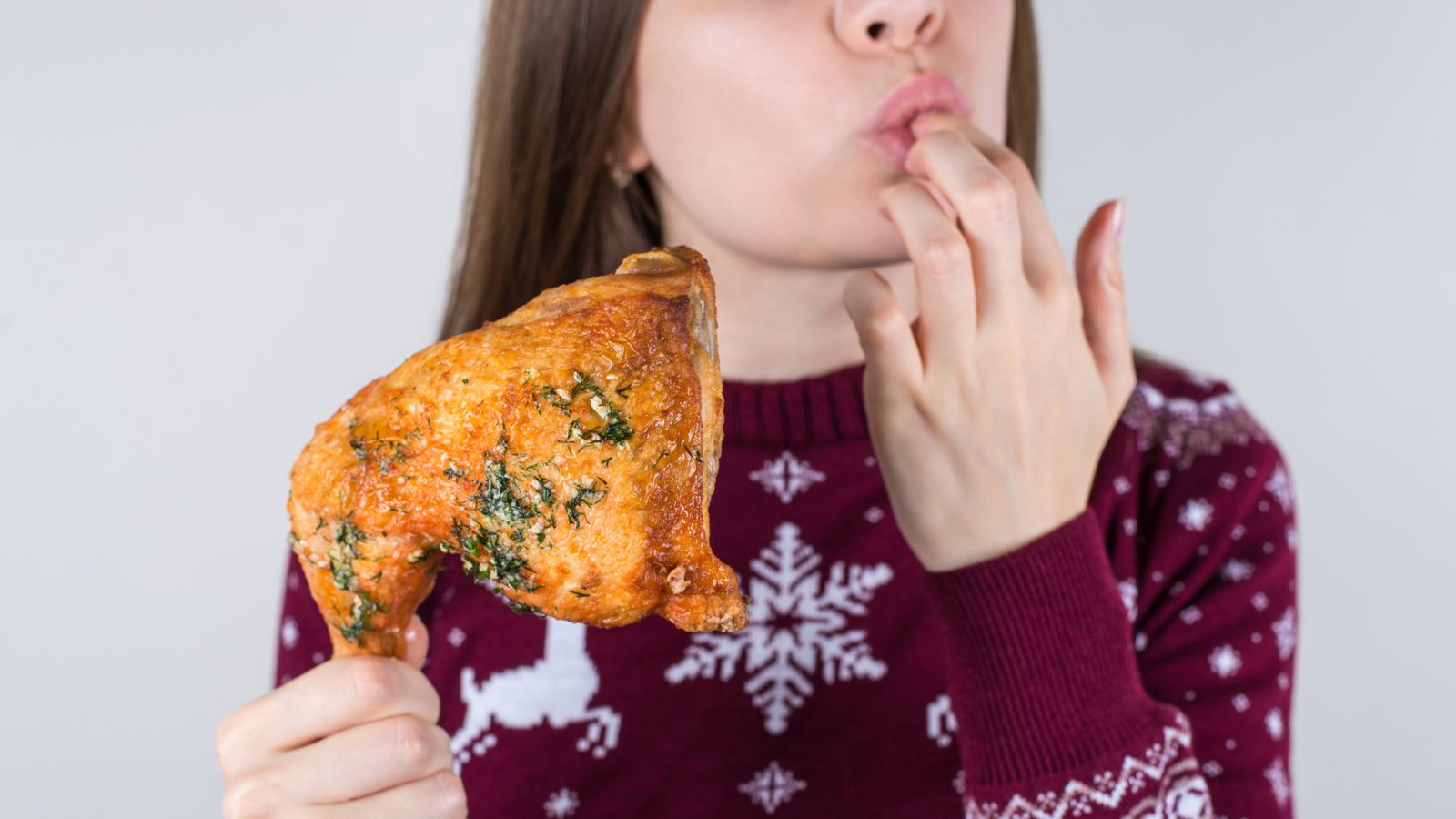 Image credit: Depositphotos.
Image credit: Depositphotos.15 Strange Dishes From Medieval Ages People Had To Eat Back Then
 Image credit: Depositphotos.
Image credit: Depositphotos.
 KickT
KickT 